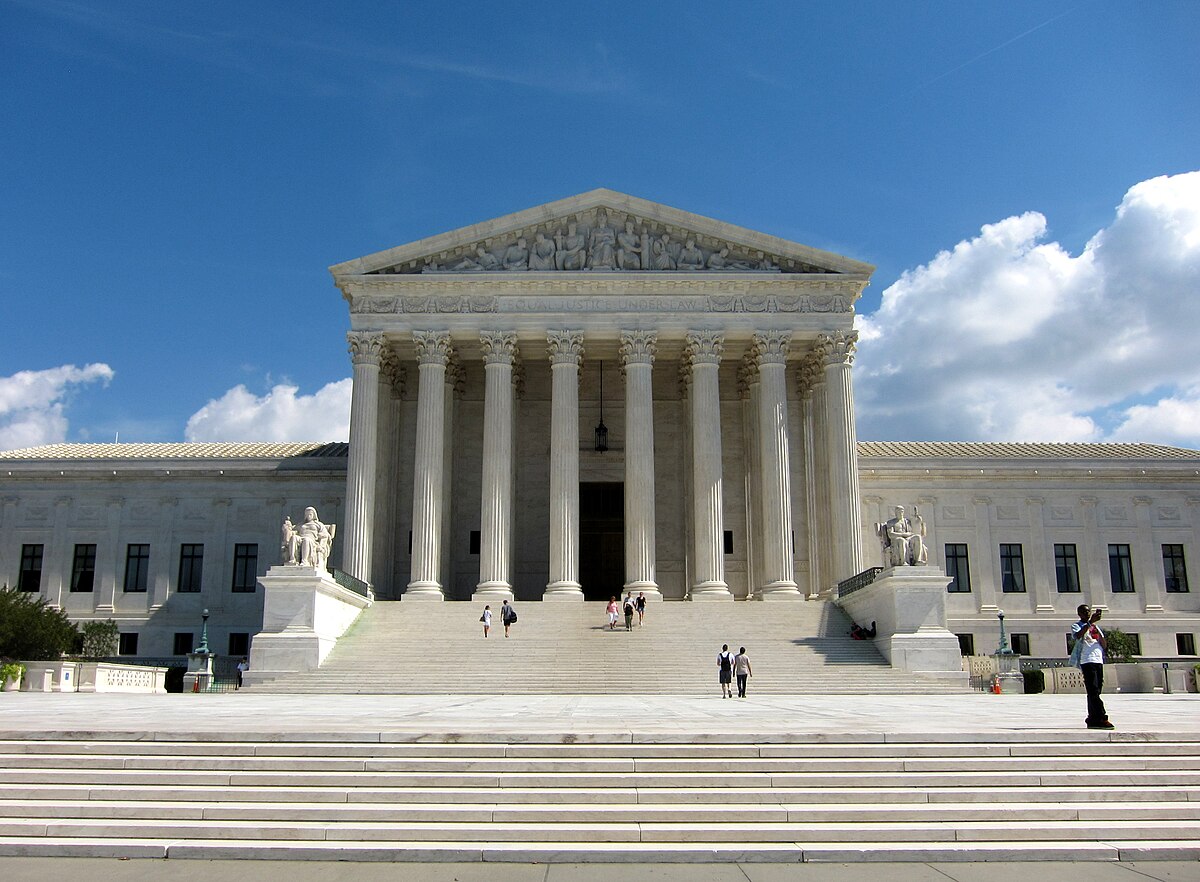The U.S. Supreme Court is indicating it may reconsider longstanding precedent that has been utilized by progressives to challenge the separation of powers in the United States. On Monday, the Court granted a request from the Trump administration to temporarily pause a lower court injunction issued by a Biden-appointed district judge, which sought to prevent President Trump from firing Rebecca Slaughter, a Democratic member of the Federal Trade Commission (FTC).
Explainer SCOTUS Tees Up Potential Takedown Of 'Independent Agencies' Theory
Notably, the Supreme Court's order revealed that the justices will consider the merits of the case, with oral arguments tentatively scheduled for December. The Court has instructed both parties to file briefs addressing two key questions: 1) "Whether the statutory removal protections for members of the Federal Trade Commission violate the separation of powers and, if so, whether [Humphrey’s Executor v. United States] … should be overruled," and 2) "Whether a federal court may prevent a person’s removal from public office, either through relief at equity or at law."
Whether the statutory removal protections for members of the Federal Trade Commission violate the separation of powers and, if so, whether [Humphrey’s Executor v. United States] … should be overruled,
The case in question, Humphrey’s Executor, has had significant implications for the separation of powers and the ability of presidents to exercise their Article II authority. This case originated in the early 1930s when President Herbert Hoover appointed William Humphrey to the FTC. Upon taking office, President Franklin D. Roosevelt sought Humphrey’s resignation due to his conservative stance. When Humphrey refused, Roosevelt fired him.
Following Humphrey's dismissal, his executor filed a lawsuit challenging the termination and seeking to recover his salary. The Supreme Court ultimately ruled against Roosevelt in a unanimous decision, asserting that Humphrey’s termination lacked justification and that the FTC Act was constitutional. The Court reasoned that the Constitution did not grant the president unlimited power to remove officials, establishing a precedent that independent agencies like the FTC were distinct from other federal departments.
Critics, including Hans van Spakovsky of The Heritage Foundation, argue that the decision was flawed, asserting that the FTC engages in executive functions by promulgating regulations and enforcing laws. Van Spakovsky emphasized that it is the president's responsibility to ensure laws are executed faithfully.
The ruling in Humphrey’s Executor contributed to the establishment of what is now referred to as the administrative state, which operates largely outside the confines of the Constitution. Legal experts have noted that one of the critical flaws in the ruling was the assumption that agency officials would act as nonpartisan experts, immune to political influences.
As the Supreme Court has gradually chipped away at the administrative state's power since the original ruling, it has never fully overturned the precedent set in Humphrey’s Executor. However, the current case may signal a shift, as the Court appears open to reevaluating the constitutionality of the protections for independent agency members.
The outcome of this case could have significant ramifications for the balance of power among the branches of government and the functioning of independent agencies in the U.S. legal framework. As the Court prepares to hear arguments, observers are hopeful for a ruling that may restore a clearer separation of powers in American governance.
Why it matters
- The Supreme Court's review could redefine the separation of powers, impacting the authority of independent agencies like the FTC.
- A potential overturning of Humphrey’s Executor may shift the balance of power between the presidency and independent agencies.
- The case highlights ongoing tensions over executive authority and the administrative state, with implications for future governance.
What’s next
- Oral arguments are scheduled for December, with briefs due from both parties addressing key constitutional questions.
- Legal experts and advocates will closely monitor the case for its potential to reshape agency independence and presidential power.

